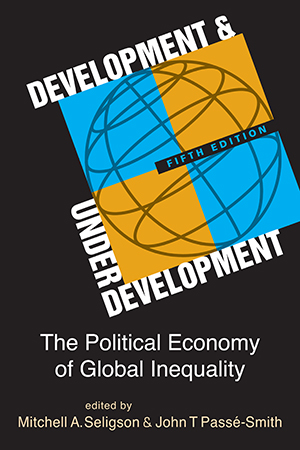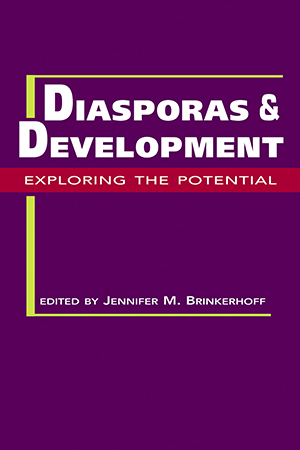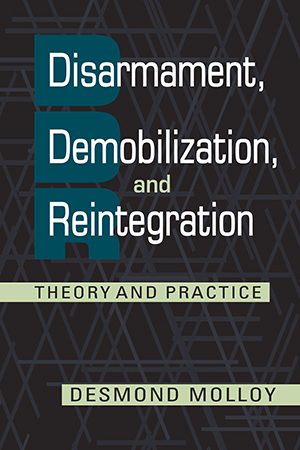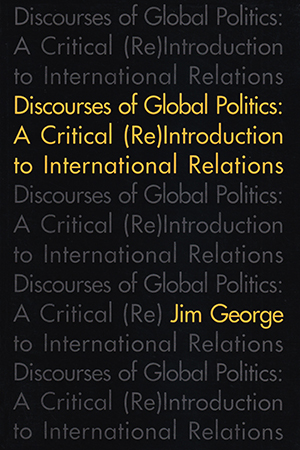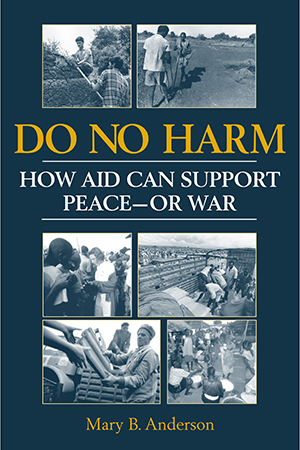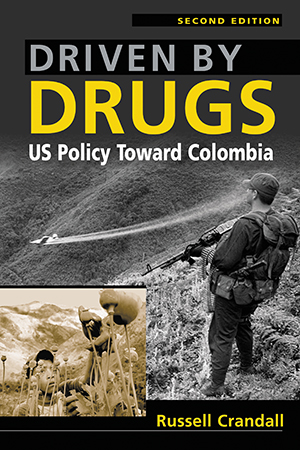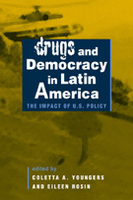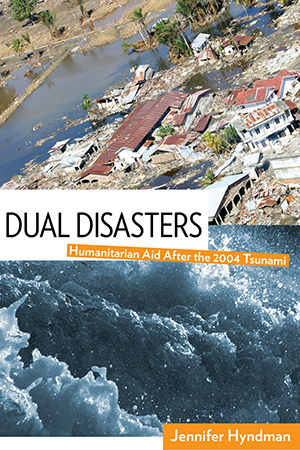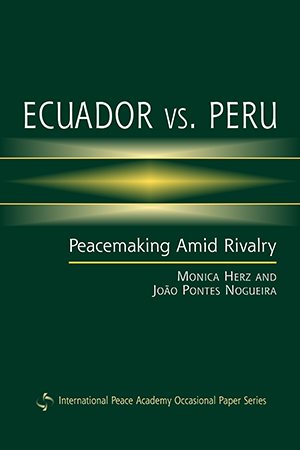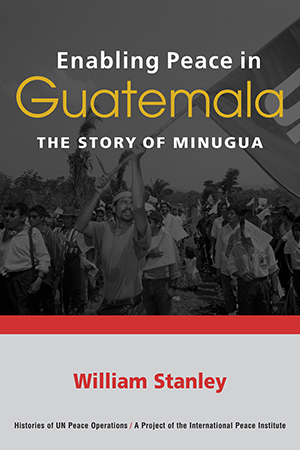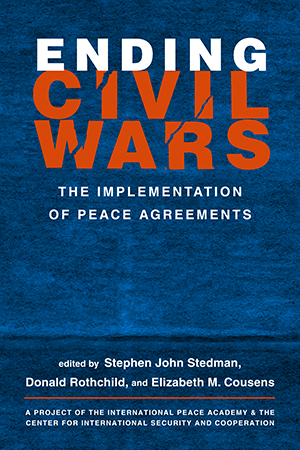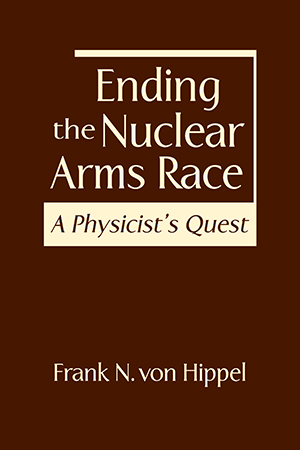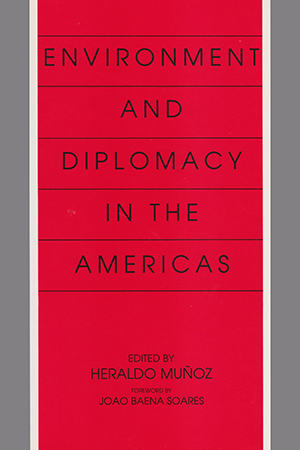International Relations (all books)
The fifth edition of this classic reader retains many of the articles that have made the book a must-assign for classes on development and political economy, but has been updated with 14 new More >
For some time in diaspora studies, attention to remittances has overshadowed the growing impact of emigrant groups both within the social and political arenas in their homelands and with More >
The past five decades have seen both a prioritization of copyright in US foreign economic policies and a head-spinning disruption to copyright law caused by the digital revolution—all More >
Disarmament, demobilization, and reintegration, or DDR, has been widely advocated for decades as an essential component of postconflict peacebuilding. But DDR in practice has generated more More >
An unusual combination of synthesis and original scholarship, this new text considers the contemporary agenda of international relations within a broad historical-philosophical More >
Echoing the words of the Hippocratic Oath, the author of Do No Harm challenges aid agency staff to take responsibility for the ways that their assistance affects conflicts. Anderson cites More >
In the years since the first edition of Driven by Drugs was published, there have been dramatic changes in US policy toward Colombia, as well as in domestic Colombian politics. This new More >
Although the US has spent more than $25 billion on international drug-control programs over the last two decades, it has failed to reduce the supply of cocaine and heroin entering the More >
What happens when a humanitarian crisis with political roots interacts with a humanitarian crisis induced by environmental disaster? That is the question at the core of Dual More >
Although the 1995 Cenepa war between Ecuador and Peru was the first military conflict in South America in more than five decades, the Ecuador-Peru relationship might be characterized as one More >
William Stanley tells the absorbing story of the UN peace operation in Guatemala's ten-year endeavor (1994-2004) to build conditions that would sustain a lasting peace in the More >
Why do some peace agreements successfully end civil wars, while others fail? What strategies are most effective in ensuring that warring parties comply with their treaty commitments? Of the More >
Frank N. von Hippel shares his remarkable journey as a key figure in the history of nuclear weapons and nuclear energy, illuminating the far-reaching consequences of nuclear accidents and More >
Thoroughly examining the deliberations over NATO enlargement in twelve countries—five current members of the alliance; three invited to join in the first round of enlargement; two More >
The deterioration of the environment in the Americas exacts urgent and decisive action—a diagnosis shared by all 34 member countries of the Organization of American States. More >


